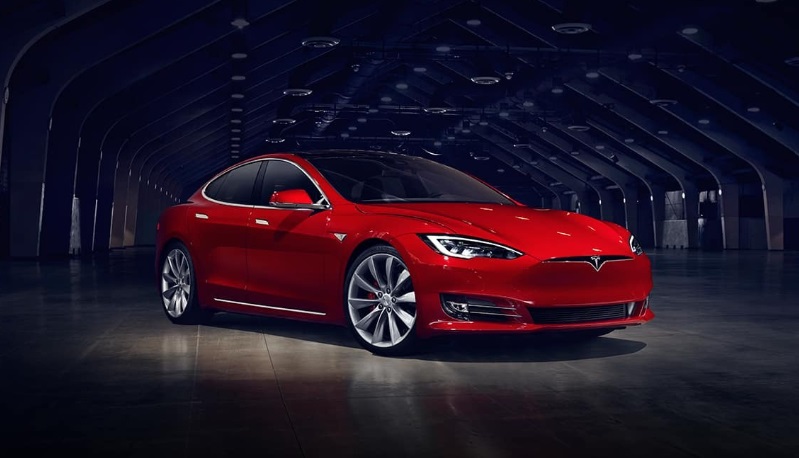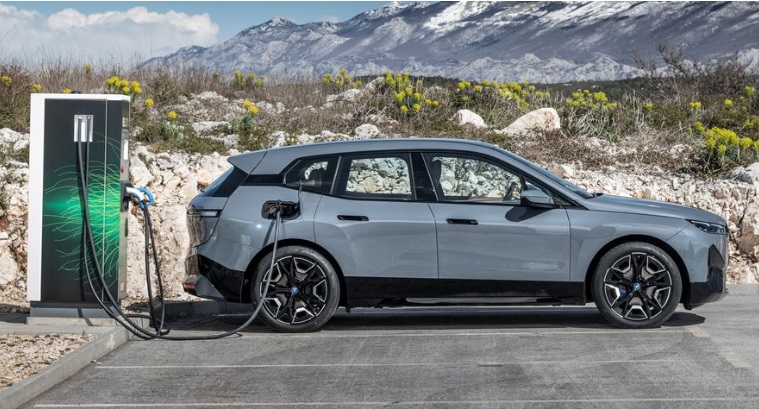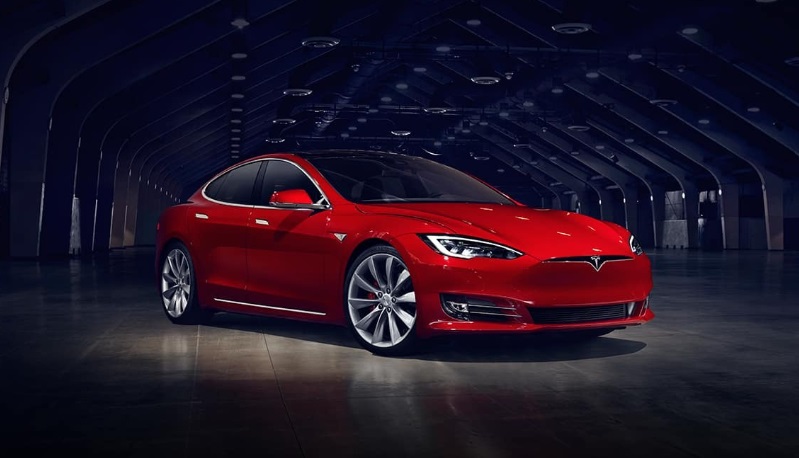According to a recent study by iSeeCars, electric cars depreciate faster than other types of vehicles, such as gasoline-powered, diesel-powered, and hybrid cars, after about 5 years of use.
According to the study, the average depreciation rate for electric cars over 5 years is 49.1%, followed by SUVs at 41.2% and hybrids at 37.4%.
For example, the Tesla Model S is the electric car that depreciates the most, losing an average of 55.5% of its value after 5 years. The “little brother” Model 3 has the lowest depreciation rate among Tesla’s electric car models at 42.9%.
On the other hand, gasoline/diesel vehicles have a relatively stable depreciation rate over the years. For example, the Porsche 911 has the lowest depreciation rate after 5 years of ownership at 9.3%, followed by the Porsche 718 Cayman (17.6%) and the Toyota Tacoma (20.4%).
The faster depreciation of electric cars compared to gasoline/diesel vehicles is due to several reasons. First, most electric car batteries will degrade and need replacing after about 8 years of use. According to Forbes, a typical battery will lose about 2% of its charge capacity each year, regardless of whether the owner follows the manufacturer’s recommendations or not.
Second, battery and electric motor technology is rapidly advancing, which affects the value of electric cars in the secondary market.
Many people are hesitant to buy used electric cars due to concerns about battery issues and performance. Therefore, used electric cars are often heavily discounted to make them more accessible to consumers.
In addition, government tax exemptions and credit incentives for electric cars applied in many countries not only stimulate consumer demand but also cause these vehicles to depreciate faster.
TH (Tuoitrethudo)









































